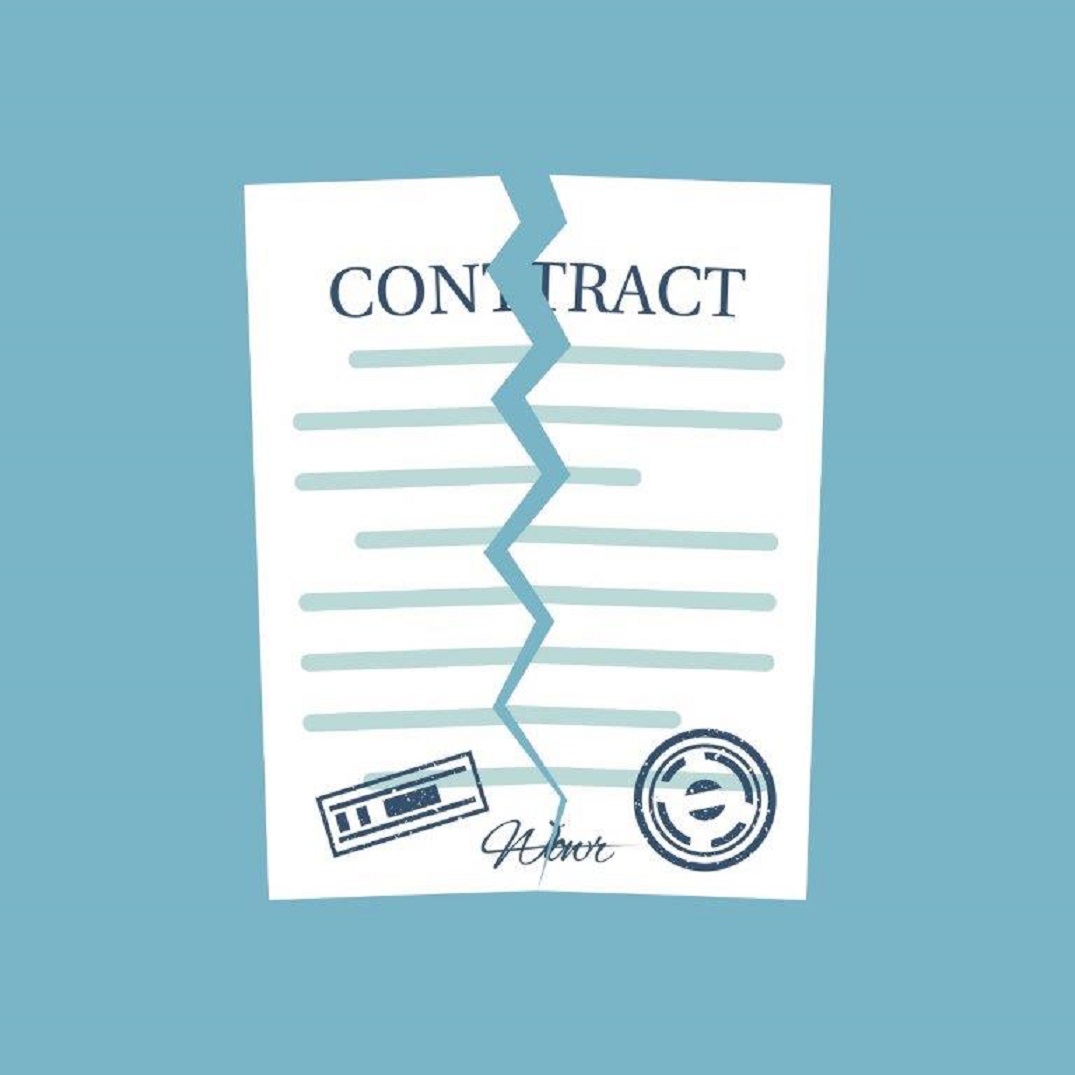News and Views

| May 2020
COVID 19: Feel like tearing up your contract?
While some businesses are starting to ease back into work after their COVID-19 hibernation, most are still reeling to some degree from the impact of government restrictions, travel bans, interrupted supply chains, and the broader economic downturn. In the face of such challenges, you may be wondering whether there are grounds to be relieved from your contractual obligations. Alternatively, you may want to know your rights and options if the other party to a contract is claiming they cannot go through with the deal. The pandemic has forced many to review their force majeure clauses and brush up on the legal doctrine of frustration. However, one wrong step and you (or your counterparty) may repudiate your contract and unintentionally be exposed to a damages claim.
Force majeure clauses
A force majeure clause is a clause which excuses parties from performing their contractual obligations due to unforeseen circumstances that are beyond the party’s control.
Some key issues to consider include:
- Is there a force majeure clause in the contract? If not, you may need to consider the doctrine of frustration (see below).
- Has there been a force majeure event? This will depend on the precise wording of the contract. In the context of COVID-19, there may be one or more specific events referred to in the clause that may be relevant (eg “epidemic”, “pandemic”, “infectious disease”, “acts of government”, “act of God”, “national emergency”, or “national disaster”) or the trigger may be defined more broadly (eg “any event or circumstances beyond the reasonable control of a party”).
- What has been the impact of the event? Typically a party must be “prevented” from performing their contractual obligations, in the sense that it is legally or physically impossible (as opposed to just being more difficult, inconvenient, or expensive to perform). Again, the terms of the contract will need to be considered, as other terminology may be used (eg “hinder”, “impede”, or “delay”).
- What needs to be done to rely on the clause? Usually this will include notifying the other party within the time frame and in the manner specified in the contact.
- What ongoing obligations may arise under the clause? This may include, for example, having to provide regular updates to the other party and taking all reasonable steps to mitigate the impact of the contractual disruption.
- What is the effect of triggering the clause? Generally the clause will specify that the party’s obligations are suspended until the impact of the event is no longer preventing performance of the party’s obligations. The clause may confer the right on one both parties to terminate the contract if the impact of the event continues beyond a certain time period.
Parties who are entering into new contracts in the current climate should pay particular attention to the inclusion and drafting of any force majeure clause to ensure it does not cause any unintended difficulties in the future.
Doctrine of frustration
If a contract does not contain a force majeure clause, a party may be able to rely on the doctrine of frustration in order to be legally relieved from fulfilling any future obligations arising under that contract. Frustration arises when it has become impossible for a party to perform the contract, or the performance of that obligation has now become radically different from that which was contemplated by the parties at the commencement of the contract, due to events outside the parties’ control.
The doctrine of frustration has limited application and a high threshold of proof. For example, it will not be sufficient to point to an event that has caused hardship, unforeseen loss, or otherwise made it more difficult to perform the contract. Examples of where a contract may be frustrated include where the law has changed rendering it impossible to perform or where the contract requires the personal performance of an obligation and the person has died or become incapacitated. Ultimately, the Court will need to look at the contract and determine whether the parties (viewed objectively at the time of entering into the contract) never agreed to be bound in the fundamentally different circumstances that have unexpectedly arisen.
When a contract is frustrated, it is automatically terminated with any future obligations discharged. Since the contract is terminated, not suspended, you should carefully consider the full implications of bringing the contract to an end (eg if it is a long term arrangement, includes certain beneficial terms, or involves an important commercial partner).
At common law, when a contract has been frustrated the losses of the parties lie where they fall. The Frustrated Contracts Act 1978 (NSW) alters this position somewhat. While still recognising that frustration discharges any future promises in the contract, this legislation makes allowance for (in certain circumstances) the repayment of money paid before frustration, payment for benefits received under the contract, and the payment of reasonable costs incurred in performing the contract. It also aims to preserve claims for damages for breach of contract that occurred before the time of frustration.
Repudiation
A party who incorrectly invokes a force majeure clause or claims frustration without valid grounds may be deemed to have repudiated the contract. Repudiation occurs when a party clearly shows an unwillingness or inability to perform the contact, or an intention to perform the contract in a manner substantially inconsistent with that party’s obligations.
Where a party repudiates the contract, the other party has the right to elect to terminate the contract and claim damages for the loss of the benefit of the agreement.
Deutsch Miller can advise you on your rights and obligations under your contact and help you to develop the best strategy to either seek relief from your obligations or to respond to a counterparty who may be claiming that it cannot continue.
Deutsch Miller Contacts
CHRIS STEVENS
Partner
E [email protected]
D + 61 2 9210 7771
Stephanie Young
Associate
E [email protected]
D + 61 2 9210 7797
The above information is general in nature and should not be relied upon as legal advice. It is current as at 27 May 2020, but is subject to change.


